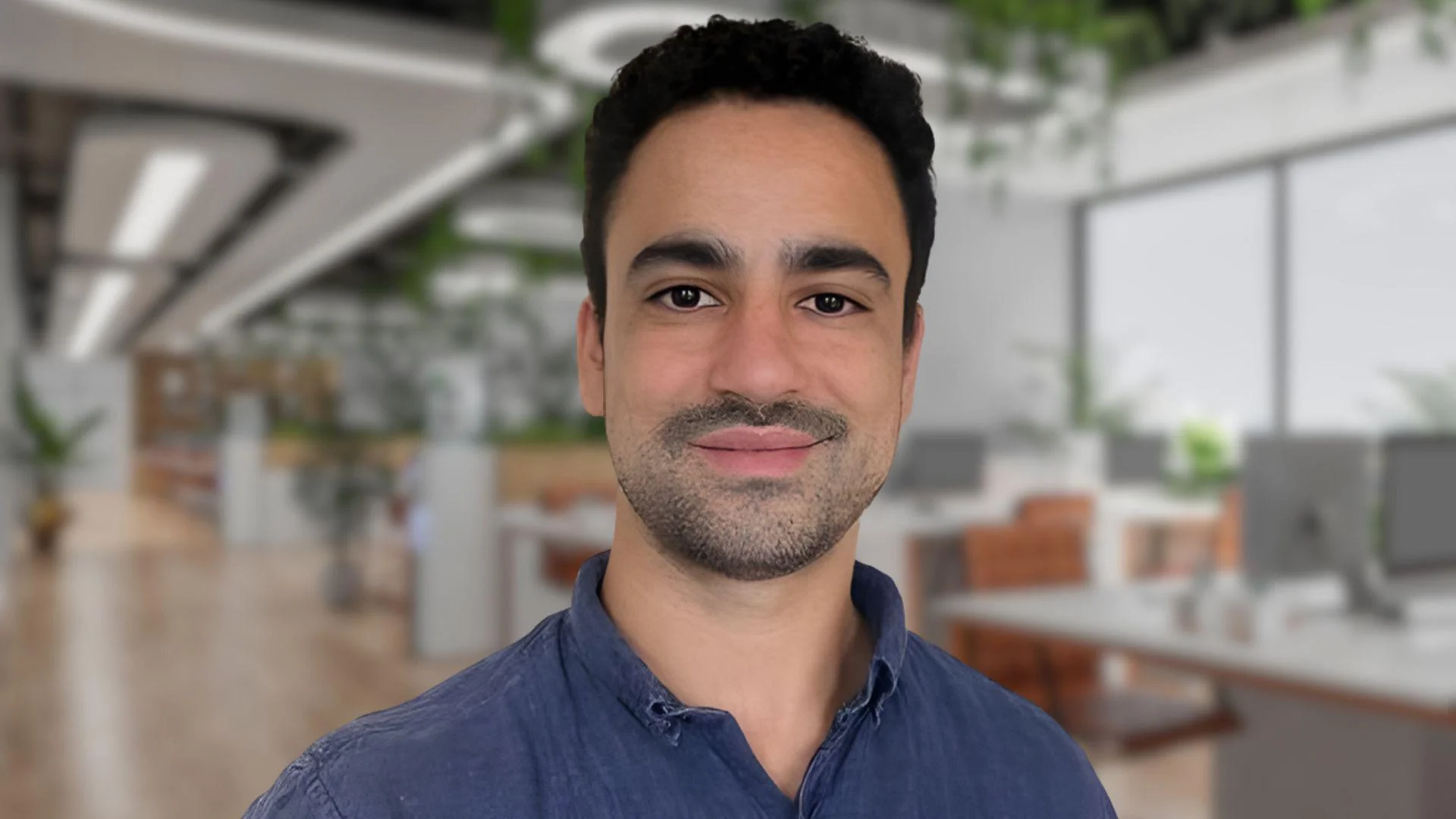Noah Gordon, a fellow at the Carnegie Endowment for International Peace, commented on recent U.S. lithium strategies, describing them as reflective of state capitalism. He pointed to federal equity stakes and a canceled grant to American Battery Technology Co. as examples. Gordon made this statement on X.
"The US is doing a new kind of state capitalism where it takes equity stakes in US lithium mining companies," said Gordon. "and then cancels grants to a company called American Battery Technology Co that got a special permit to build a lithium refinery."
According to the International Energy Agency (IEA), U.S. policymakers are working to reshore critical mineral supply chains in an effort to reduce dependence on China, which currently dominates refining and battery production. Washington has implemented tariffs and trade tools alongside domestic industrial policies to secure essential inputs such as lithium, graphite, and rare earths. Federal programs now focus on upstream mining, midstream refining, and downstream battery manufacturing to enhance energy security and competitiveness. The IEA notes that the refining of key minerals remains highly concentrated, with China leading in several segments crucial to batteries.
American Battery Technology Co. revealed that the U.S. Department of Energy (DOE) terminated its $57.7 million cost-share grant for a project aimed at producing battery-grade lithium hydroxide in Nevada. According to Reuters, approximately $52 million in reimbursable DOE funds were still available when the company received notice; ABTC has appealed and said its intention to continue with the project timeline. The grant was part of the DOE’s Manufacturing Energy Supply Chain initiative designed to expand domestic processing capacity for electric vehicle materials.
Globally, China remains a dominant force in batteries and upstream inputs. Morningstar reported Contemporary Amperex Technology Co., Ltd. (CATL) as the world’s leading electric vehicle battery manufacturer, holding roughly 38% market share by installed capacity in 2024. More broadly, IEA analysis indicates that the refining of critical minerals is concentrated among a few countries, with China leading in cobalt, graphite, and rare earths while maintaining significant influence over lithium processing. This concentration affects costs, technology diffusion, and strategic leverage within clean-energy supply chains.
Gordon is a fellow in the Sustainability, Climate, and Geopolitics Program at the Carnegie Endowment for International Peace in Washington D.C., where his research explores how climate change reshapes international politics including climate security, global clean-energy supply chains, and migration issues. He has led transatlantic initiatives on climate policy and co-created the Carnegie podcast "Barbecue Earth" focusing on animal agriculture and climate change.





